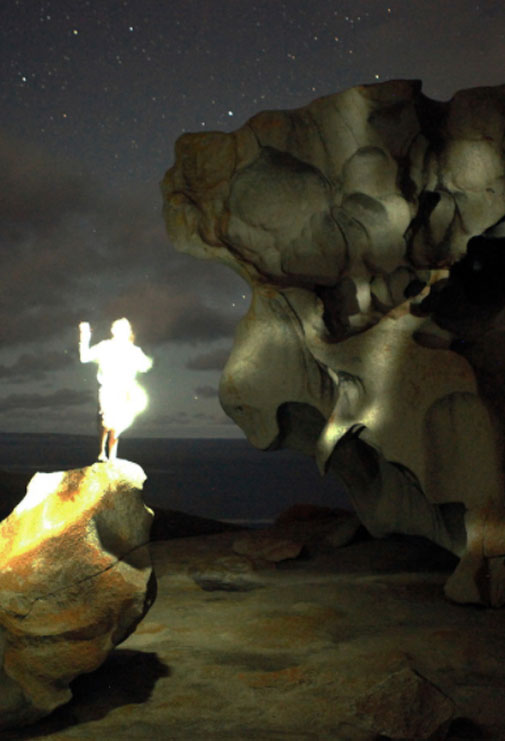- Vol. 04
- Chapter 02

When It’s Time to Draw a Line
When it’s time to draw a line
I'll pick a grey afternoon in Paris, early March,
when the tourists are at lunch
and the bouchinists huddle in conspiratorial congress
beside their stalls.
I'll smoke a cigarette on
the Pont au Double, gazing
down into the roping
waters of the Seine, primordial, slate green,
exposed in their true tone by
the marble sky.
I'll be dressed in my finest clothes, a colourful tie,
my heaviest boots.
I'll hum a tune as I ease
my old body
over the rail and then
just standing a while
I'll watch the bateaux mouches
and salute the voyagers,
marking their disquiet, their timid, waved replies,
their murmured passing concern,
quickly forgotten.
Then, with all quiet
outside and in,
with an audience of indifferent pigeons lined up on the quay
and the tight-lipped gargoyles
or Our glowering Lady,
When It’s Time to Draw a Line
I'll take a calm step out,a step into nothing –
except perhaps eternity –
but otherwise just a step
like any other.
And I'll drop.
The image of Paul Celan.
Of Martin Eden.
Drawing the line, scratching
it straight down the
face of forever.
Wordlessly carried under.
Carried out to some sea.
Much better to leave a living body of work than
a dried out body of poisoned
grey flesh.
